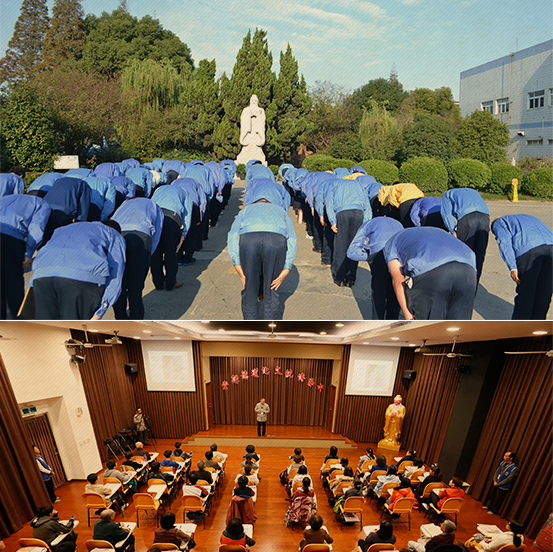

Confucius said: “I teach only what I have learnt from ancient saints and sages and do not create anything new of my own. I believe in the truth found in ancient texts.”
Analects, Confucius
With the teachings of the sage-emperors Yao, Shun, Yu, and Tang in ancient China, there existed a harmonious society where people were kind and honest. By the Zhou dynasty, the teachings of Confucius, Mencius, Laozi, and Zhuangzi were mutually complementary and brought great light to the world.
In Analects, the great sage and teacher Confucius said, “I teach only what I have learnt from ancient saints and sages and do not create anything new of my own. I believe in the truth found in the ancient texts.” This truly reflects his lifelong attitude to learning. “To teach only the teachings of ancient saints and sages” shows that Confucius did not create anything new. Instead, all that he learnt, practiced, taught, and imparted were the teachings of ancient sages, which teach the proper way of dealing with matters, people, and things.
To “faithfully follow the teachings of old” reflects Confucius’ full faith in the teachings of ancient sages and his joyful acceptance of them. He followed such teachings completely and became a sage himself.
Thus, Analects comes from the wisdom and experience from ancient sages. Confucius compiled and formally recorded these teachings so that they could be handed down for the benefit of future generations. This is his greatest contribution to the world, which brings us immeasurable benefits.
With pure sincerity and selflessness, Confucius understood and appreciated the teachings of the ancient sages. His teachings are a world standard and his behaviour sets a good example for the world. Due to his fine contribution to the world, the Chinese revere him as the model teacher and the greatest sage for all time.
